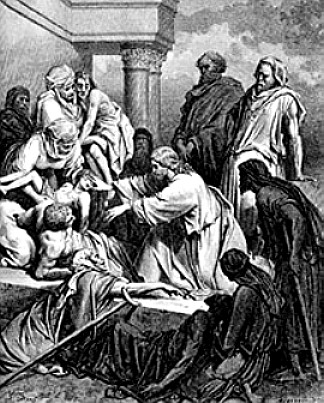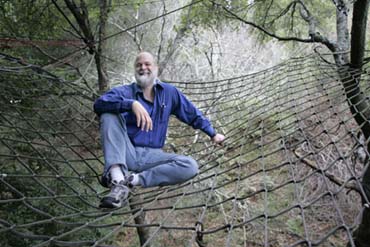Pray for me

Herbert Benson believes in the power of prayer. He has reason to -- he's been studying it scientifically for years.
In a recent study, he and co-author Charles Bethea looked at whether there were any effects that could be traced to people undergoing surgery who had others praying for their speedy recovery without complications.
The study divided 1,800 patients into three groups. Six hundred patients were told that people were praying for them. Another six hundred were prayed for in the same way, but the patients were not informed. The last six hundred were not prayed for.
The last 600 had the fewest complications from their surgery. The group who were prayed for without the knowledge of the patients had an insignificantly higher number of complications.
The group that was aware that there was a group of people praying for them had significantly more complications. Fifty nine percent of them had complications, compared to fifty one percent in the first group, and fifty two percent in the second.
An earlier study of alcoholics who knew that people were praying for them found similar results. Those who knew people were praying for their success in sobriety ended up drinking significantly more after six months than those who thought no one was praying for them.
Richard Sloan, a professor of behavioral medicine at Columbia, thinks such studies are a waste of resources that could be better spent elsewhere. But it seems to me that the $2.4 million dollar study, funded mainly by a group that supports research into spirituality, would have been spent on some other similar study if not for this one, and would probably not have found its way into HIV or cancer research anyway. The U.S. government has spent a similar amount of money on the subject, $2.3 million dollars, and come up with similar results. Demonstrating that intercessionary prayer is ineffective, and sometimes harmful, can be of benefit to people who might otherwise be told that people are praying for them. Over a significantly long period, that $4.7 million dollars might be saved by reducing the costs of complications brought about by the activity of well-wishers with the best of intentions.
So go ahead and pray for your sick friends. Just don't let them know.
